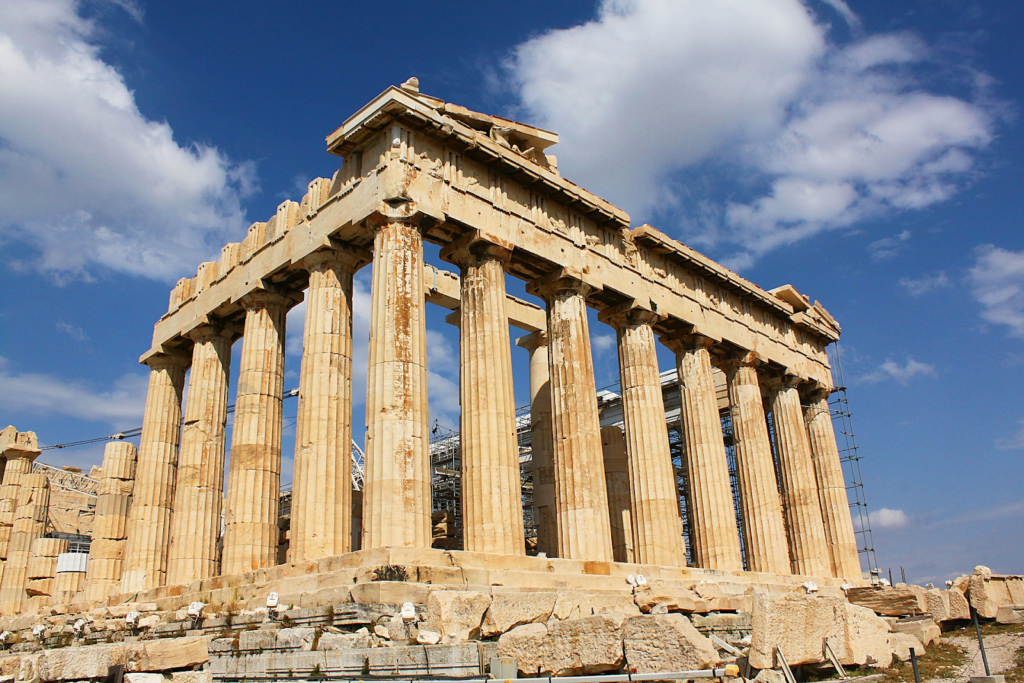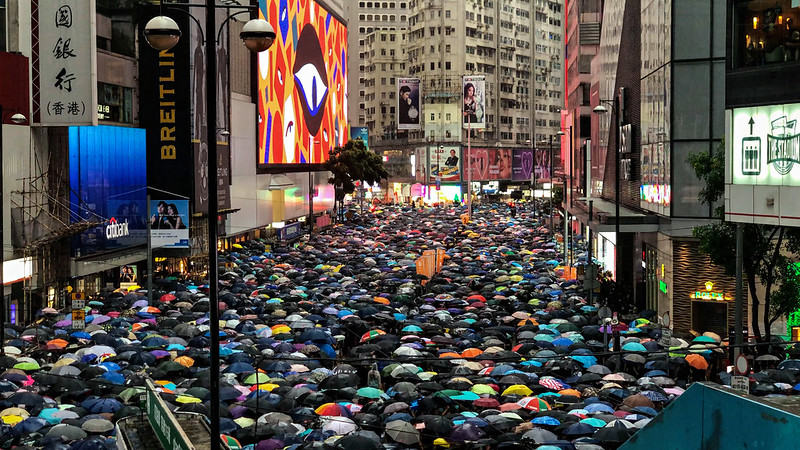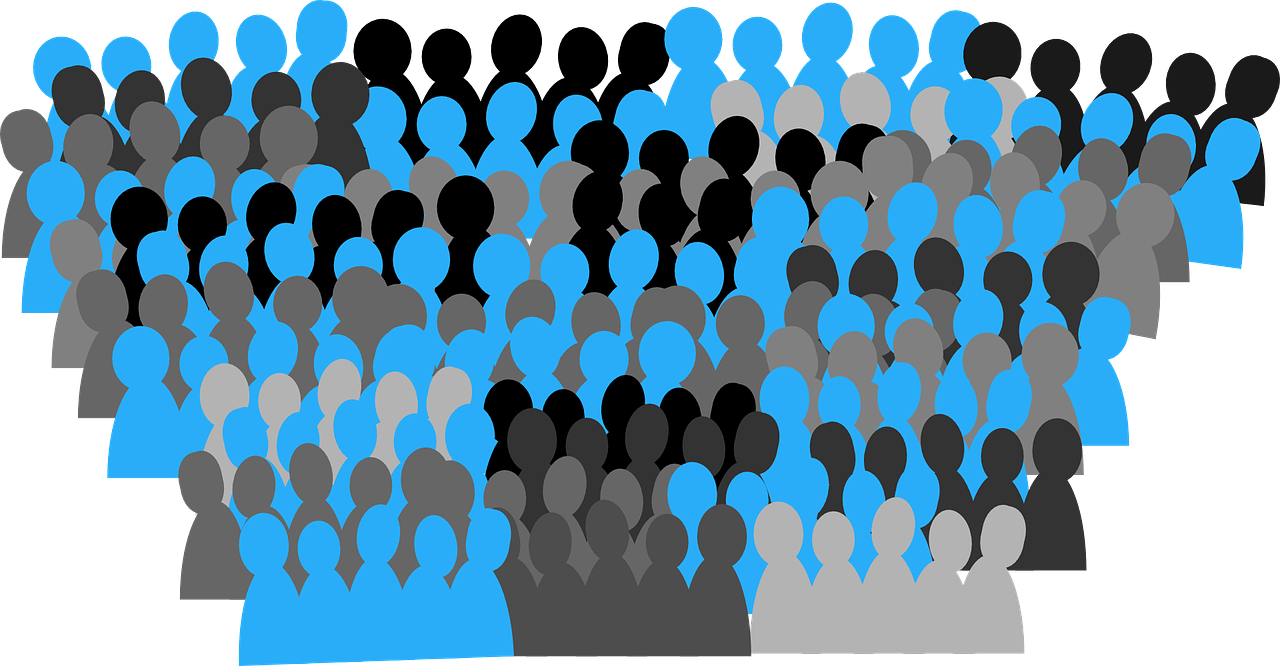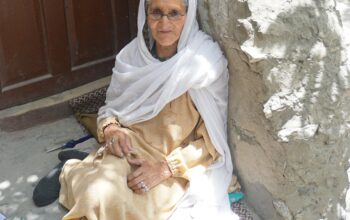For a long time, democracy was imagined as a utopia. Today, its nice image is not ideal anymore due to impossible and impracticable promises. Nowadays, democracy has lost its credibility. Its beliefs became a myth. In the context of the rise of populism and restrictions of liberties, its definition and even its existence are questioned.
Democracy: An old and blurred concept
Native from the ancient Athens, the word democracy comes from the Greek words “demos” (the people) and “kratos” (the power) which can be translated as the government of the people. Democracy is universally seen as a sort of ideal founded on a political and philosophical tension between the concepts of liberty and equality. It is also a political regime including institutions and laws. One of the most famous definitions is the one of Abraham Lincoln: “It’s the government of the people by the people for the people.”

Historically, except in Athens, democracy was a synonym of a bad image. Plato considered it a tyrannic model and Rawls judged it not as the best regime to reach justice. Even at the time of Solon and Clisthène, the Greek theorists of this concept, this regime was rooted in a society where slavery was essential. Moreover, foreigners, women and slaves were excluded from the status of citizens which was allowing the rights to practice democracy. The structure of this old Greek society can remind us some similarities regarding the treatment of the migration crisis in 2015 and inequalities and discrimination toward minorities and women. Several centuries later, some things are not changing and it is as if it was set in stone. But this gap between this ideal and reality has consequences.
A gap between words and reality
After the Second World War,the democratic model was set as a universal aspiration, a sign of success. As proof of this international will, the 21st Article of the 1948 United Nations Declaration of Human Rights aimed to promote it. However, beyond those beautiful statements there is another reality. In the nineties, the fall of the Berlin Wall reignited the hope of the democratic model’s victory. But some countries, presented as young democracies at that time, such as Russia or China, became arbitrary. As explained by journalist Fareed Zakaria, democracy might lead to authoritarianism. Actually, democracy is not just about holding elections, allowing political participation. It also implies the rule of law, the separation of powers, secularity, and the protections of minorities and individuals’ rights.
Democracy has become a label used for anything at any time which has the terrible consequence of it losing its meaning. During the Soviet period, most of the former Eastern Bloc countries were called Soviet Republics applying Soviet democracy knowing that they were belonging to the champions’ category when it comes to violating human and political rights. Also, this paradox exist in the name of some countries such as the Democratic Republic of Congo which is well-known for its corruption case, existence of child soldiers and the common practice of female genital mutilation.
In our time, democracy seems to be a force without finality despite a will of expansion and its conquest of the world. Recalling the famous definition of Clausewitz, democracy can be seen as as tool to continue the fight for hegemony by others means. Indeed, perhaps democratic regimes are not just imperfect but they are guilty of crimes. The United States are the perfect example to illustrate the use of democracy to legitimize actions with the 2003’s invasion of Iraq or the use of torture in Abu Ghraib and Guantanamo. And in many Western democracies, the rise of terrorism has authorized the restriction of civil liberties and democratic values under the argument of security matters.
In addition, behind the beautiful speeches, the struggle for the right to abortion and other women’s rights, gay rights, rigged election, and minority rights have become our daily reality. The case of Hungary and Poland are symptomatic of this issue. In Hungary, Victor Orban, elected in 2010, set political and financial pressure, regulation, censorship and disinformation towards media. He also decided to weaken the rule of law by targeting judicial institutions, as example of his decisions, he forced the early retirement of judges. In Poland, abortion and LGBTQ rights are under threat and the President Andrzej Duda signed a law meant to pack the country’s judiciary with judges friendly to the party in power. Those various events and manipulations of the concept of democracy led to give it a bad image. However, recent protests remind us that this ideal is not dead yet.
A glimmer of hope: An ideal not dead yet
For researcher Isabelle Ferreras, the issues of democracy are located in our economic model. For her, democracy and capitalism are incompatible. If capitalism has a future, democracy cannot have one. Capitalism, according to her, allows political rights according to the amount of capital owned whereas democracy is based on the equality of rights for everyone. Perhaps, this argument can be related to protests in France with the Gilets jaunes and in Chile where the triggers for protest were rooted in economic inequalities.

Some of the democratic values are still alive in minds all around the world. France, Algeria, Lebanon, Chile and Hong Kong are recent fields of protest using pacific gatherings and social media as tools against a monopolization of power and economic and political inequalities within the population. Those recent events demonstrate a global need to recapture democracy.
Democracy has to be rethought in order to restore its legitimacy after all the disillusions that are associated with it. On one hand, this concept has to avoid what Tocqueville theorized as the tyranny of the majority which might not always have its reasons, can be easily manipulated and does not protect minorities. Also, democracy has to avoid being a nice label used for countries’ interests or a model that reinforces inequalities within populations. Perhaps, the role played by civil society and whistle-blowers is to influence decisions to preserve our rights and liberties, but also to act. Regarding numerous issues the can be our lifeboat and make the myth a reality.
by Pauline Zaragoza
Photo Credits
Crowd, Clker-Free-Vector-Images
Parthenon, timeflies1955
20190818 Hong Kong anti-extradition bill protest, Studio Incendo, CC BY 2.0










